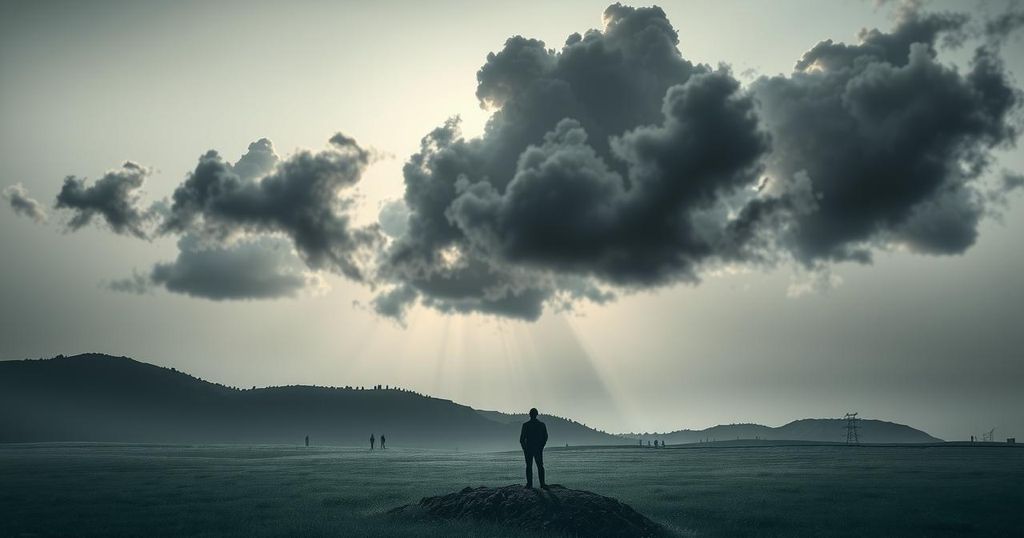The conflict in the DRC involves Rwanda-backed M23 rebels claiming Goma, risking regional war. M23, mainly composed of ethnic Tutsis, argues for proper integration into DRC governance while controlling key territories rich in minerals. Accusations of Rwanda’s involvement intensify concerns over sovereignty and humanitarian crises, with Goma’s strategic fall posing risks to civilians.
The conflict in the Democratic Republic of Congo (DRC) threatens to escalate into a broader regional war as Rwanda-backed rebels claim to have seized the crucial city of Goma. M23, the rebel group involved, has made considerable territorial advances, exacerbating the already dire humanitarian situation, with numerous casualties reported daily. The presence of foreign actors, including accusations against Rwandan troops fighting alongside the rebels, complicates matters further.
M23 derives its name from a peace accord established on March 23, 2009, aimed at resolving a previous rebellion in eastern DRC. The group consists largely of ethnic Tutsis who assert that the DRC government has violated the accord, failing to fully integrate Congolese Tutsis. Initiating armed conflict in 2022, the M23 rebels claim to protect Tutsi interests from Hutu militias that threaten their safety.
Critics have suggested that the M23 movement is a guise for Rwanda to extend its economic and political dominion over eastern DRC. The rebel group controls significant areas within the region, including the mineral-rich Rubaya, generating substantial revenue from their operations. According to UN reports, their production tax is estimated at $800,000 per month.
Accusations against Rwanda reveal that the nation has purportedly provided support to M23, leading some to describe this assistance as an effective “invasion.” Reports indicate that Rwandan forces operate in liaison with the rebels, challenging the sovereignty of the DRC. The UN Security Council has noted Rwanda’s extensive involvement in what appears to be a coordinated military strategy alongside M23 forces.
The strategic importance of Goma cannot be overstated; it serves as a vital center for trade and humanitarian efforts, hosting approximately two million residents. The city was briefly taken over by M23 in 2012 and has significant implications for regional stability. The potential fall of Goma to rebel control raises alarming concerns for civilians regarding increased risks of human rights violations.
As tensions escalate, the DRC has severed diplomatic ties with Rwanda amid fears that a declaration of war could spark a wider conflict in East Africa. Analysts emphasize the critical nature of this situation, given the fragile history and volatile politics in the region.
The ongoing conflict in the DRC is fueled by historical tensions between ethnic groups, external influences, and the control of valuable resources. The M23 rebel group emerged from grievances surrounding the 2009 peace accord and has specific objectives regarding the treatment of Tutsi populations within the DRC government structures. Rwanda’s involvement raises questions of sovereignty and potential regional repercussions, given the complex relationship between the two nations.
In summary, the conflict in the DRC, particularly around Goma, highlights the vulnerabilities of the region, with M23’s advances backed by Rwanda creating a precarious situation. The humanitarian crisis worsens as violence escalates, and the implications of a potential Rwandan invasion could trigger broader conflicts. International attention is warranted to prevent further destabilization.
Original Source: www.star.radio






